News & Events
Center News
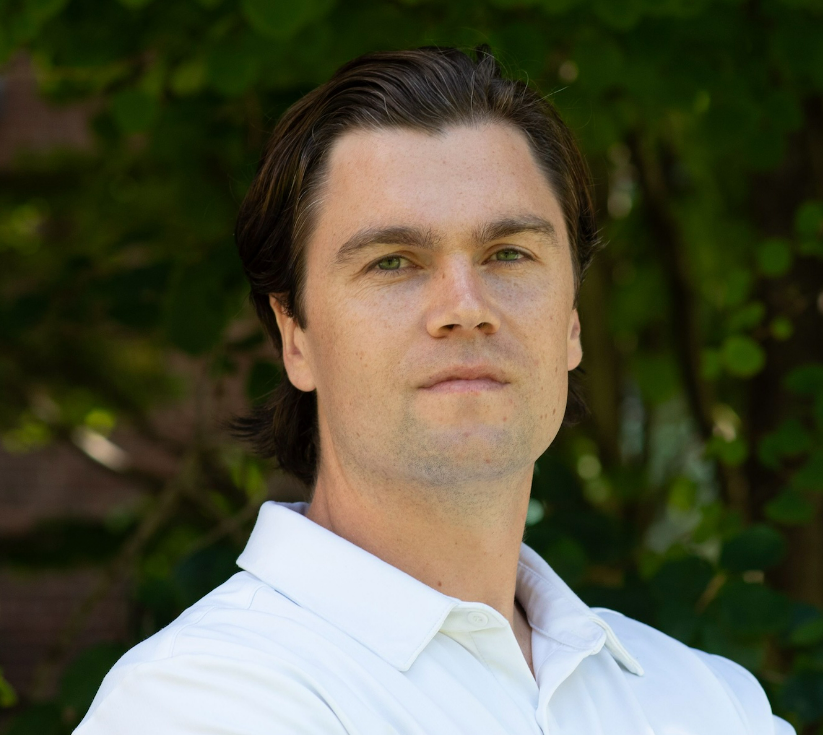
March 2024
Rousing an ‘offline’ brain and forming memories
A study led by RSZ TNC faculty member Jordan Farrell, PhD, focuses on how brains that have been zoning out wake up and focus when a situation demands it. These findings were published in Nature on March 13, and have been highlighted at answers.childrenshospital.org.
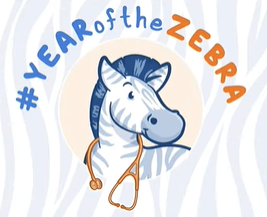
November 2023
Dawson's story: The human impact of a rare condition
Dawson’s life was turned upside down in 2021, aged six, following the first of a series of seizures. In this story, his mother, RELX employee Jennifer Wells, shares her family's journey as they learned to understand and cope with Dawson’s rare form of epilepsy. She is now raising awareness, along with Elsevier's Osmosis team, to help others and to try to turn a life-changing experience into something good - and hopefully to one day find a cure.
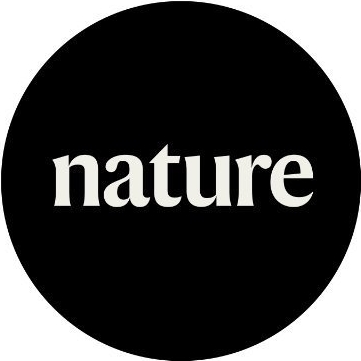
November 2023
Digging into rare disease
Maya Chopra, MBBS, FRACP is one of five researchers featured in a recent spotlight by the international science journal, Nature. See how her work is contributing to the United Nations goal to boost good health and well-being in children, and the challenges ahead.
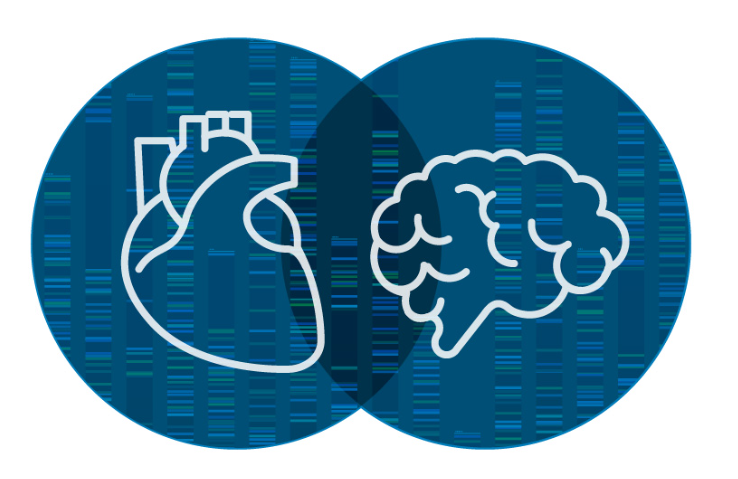
October 2023
Uncovering the genetics behind autism and CHD could improve children’s health
Cardiology and neurodevelopmental researchers have long speculated there could be genetic links that could cause both congenital heart disease (CHD) and autism spectrum disorder (ASD). A new study underway at Boston Children’s is trying to confirm any such association with the hope that new discoveries could lead to targeted treatments. Maya Chopra, MBBS, FRACP, a clinical geneticist with the hospital’s Rosamund Stone Zander Neuroscience Center, is one of its lead investigators.
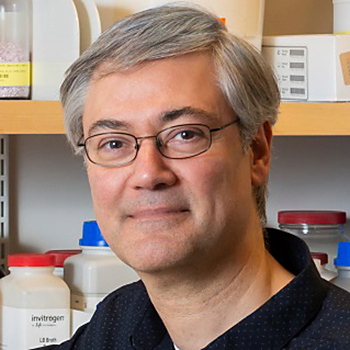
October 2023
Dr. Mustafa Sahin Elected to National Academy of Medicine
The RSZ TNC is proud to celebrate the election of its director, Mustafa Sahin, MD, PhD, to the National Academy of Medicine! With its mission of advancing public health in the United States and globally, election to the Academy is one of the most distinguished honors that members of the medical and scientific community can bestow on their peers.
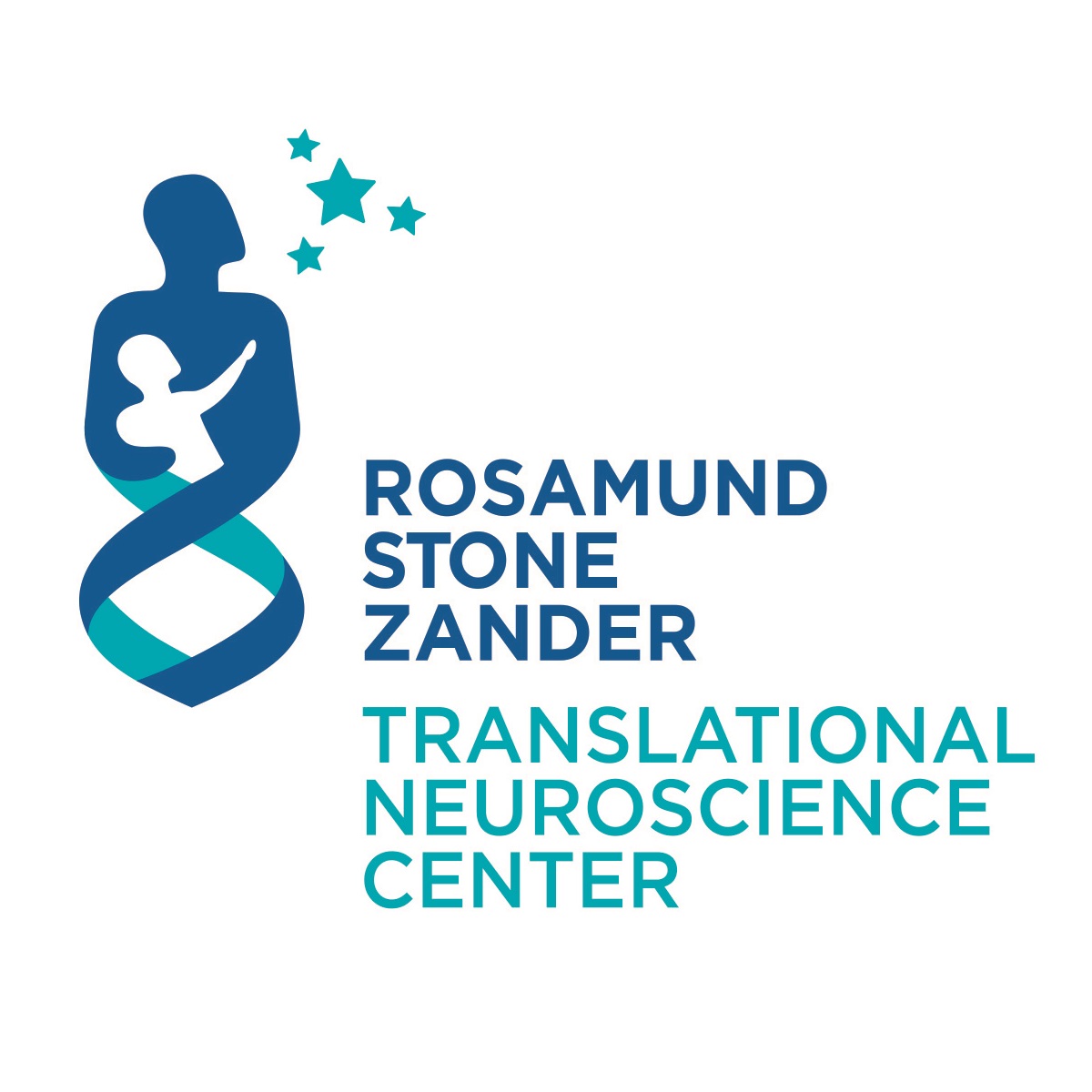
October 2023
Rosamund Stone Zander Translational Neuroscience Center Selects Four Pilot Research Grant Awardees
The Rosamund Stone Zander Translational Neuroscience Center (RSZ TNC) at Boston Children’s Hospital is delighted to announce the selection of this year’s RSZ TNC Pilot Research Grant awardees. The mission of the RSZ TNC is to improve the lives of children with brain disorders via timely and efficient translation of scientific research through collaboration with Boston Children's Hospital's exceptional investigators, and in partnership with the external research community. To fulfill the goal of “timely and efficient translation,” this grant aims to support translational research on neurodevelopmental disorders within the domains of Preclinical Research, Drug Discovery, Therapeutic Development, Translational Biomarkers, and Gene-based Clinical Research and Trials.
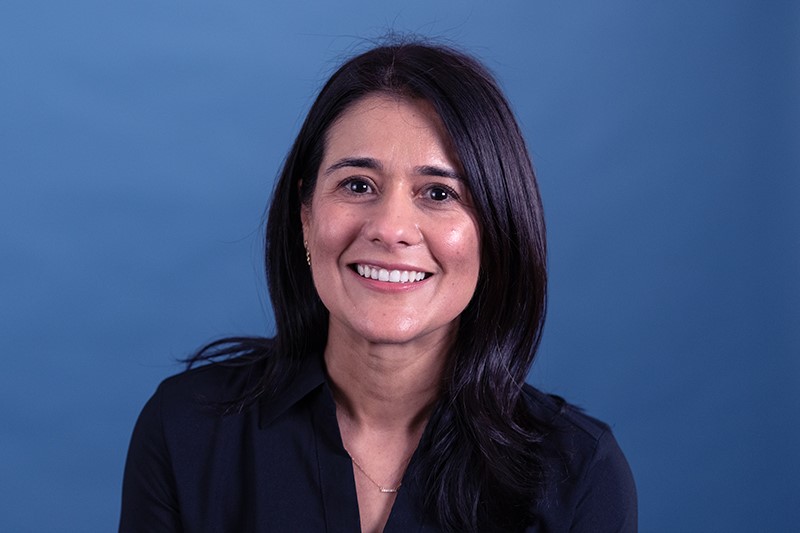
September 2023
A global take on rare disease research: Maya Chopra, MBBS, FRACP
Maya Chopra, MBBS, FRACP, studies rare genetic diseases, including one named after her – Chopra-Amiel-Gordon Syndrome. She aims to find treatments for this and other rare disorders that affect development, and help families find answers. https://answers.childrenshospital.org/maya-chopra-rare-disease/

August 2023
Inclusion and access for all populations is critical to achieve health equity and to capture the full spectrum of rare genetic disease
Congratulations Maya Chopra for leading a collaboration between the Rosamund Stone Translational Neuroscience Center and Boston Children's Hospital Children’s Rare Disease Cohort team to highlight the importance of inclusion and equity in access to genetic sequencing. This work has now been published in Therapeutic Advances in Rare Disease with Zoë Frazier as first author. We are committed to equitable representation in the rare disease space.

May 2023
Rosamund Stone Zander Translational Neuroscience Center Selects Two Fellowship Awardees
The RSZ TNC is delighted to announce the selection of its newest cohort of postdoctoral fellows for 2023. These two outstanding candidates, Dr. Chen Ding and Dr. Sneham Tiwari, were chosen for their qualifications and ambitious research proposals. Each will have the opportunity to build translational research projects with the mentorship of leaders in their fields, and will leverage the full depth and breadth of resources at the RSZ TNC and BCH throughout their two-year fellowship program.
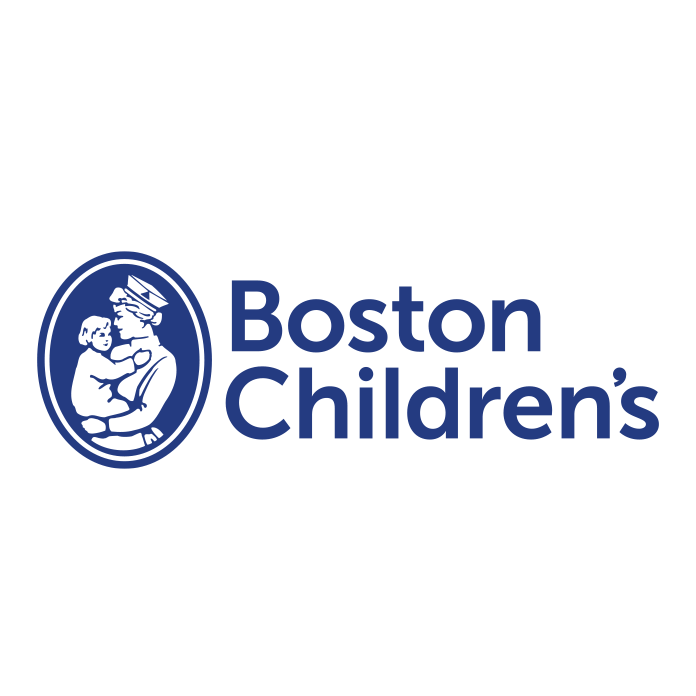
April 2023
Conquering a rare metabolic condition: A family, a pediatrician, and two labs join forces
Sam Hoffman is the 81st known person in the world to be diagnosed with SSADH deficiency, an ultra-rare metabolic condition. His parents were told, “You might want to consider funding research.” Today, a natural history study led by Boston Children’s Hospital is better defining the condition, and two lab investigations are aimed at finding treatments: a platform using patient-derived neurons to test potential drugs, as well as a gene therapy.
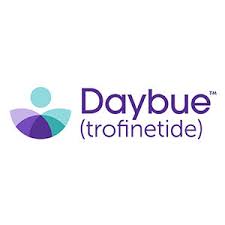
April 2023
FDA Approves Trofinetide for Treatment of Rett Syndrome
Rett syndrome is a rare neurodevelopmental disorder with a wide range of complex symptoms. Children with Rett syndrome typically experience a period of neurological regression where they may lose previously acquired gross motor, fine motor, and communication skills. With breathing abnormalities, gait disturbances, and disruptive hand stereotypies, individuals with Rett syndrome and their families may have a decreased quality of life. Therefore, after years in the making, families and professionals in the Rett Community are celebrating as the FDA approves the first treatment for Rett syndrome.

March 2023
New RSZ TNC lab director shares promising new findings on SMA treatment
Incoming RSZ TNC lab director and Assistant Professor of Neurobiology, Dr. Mandana Arbab, has co-authored a promising new study on spinal muscular atrophy (SMA) treatment.
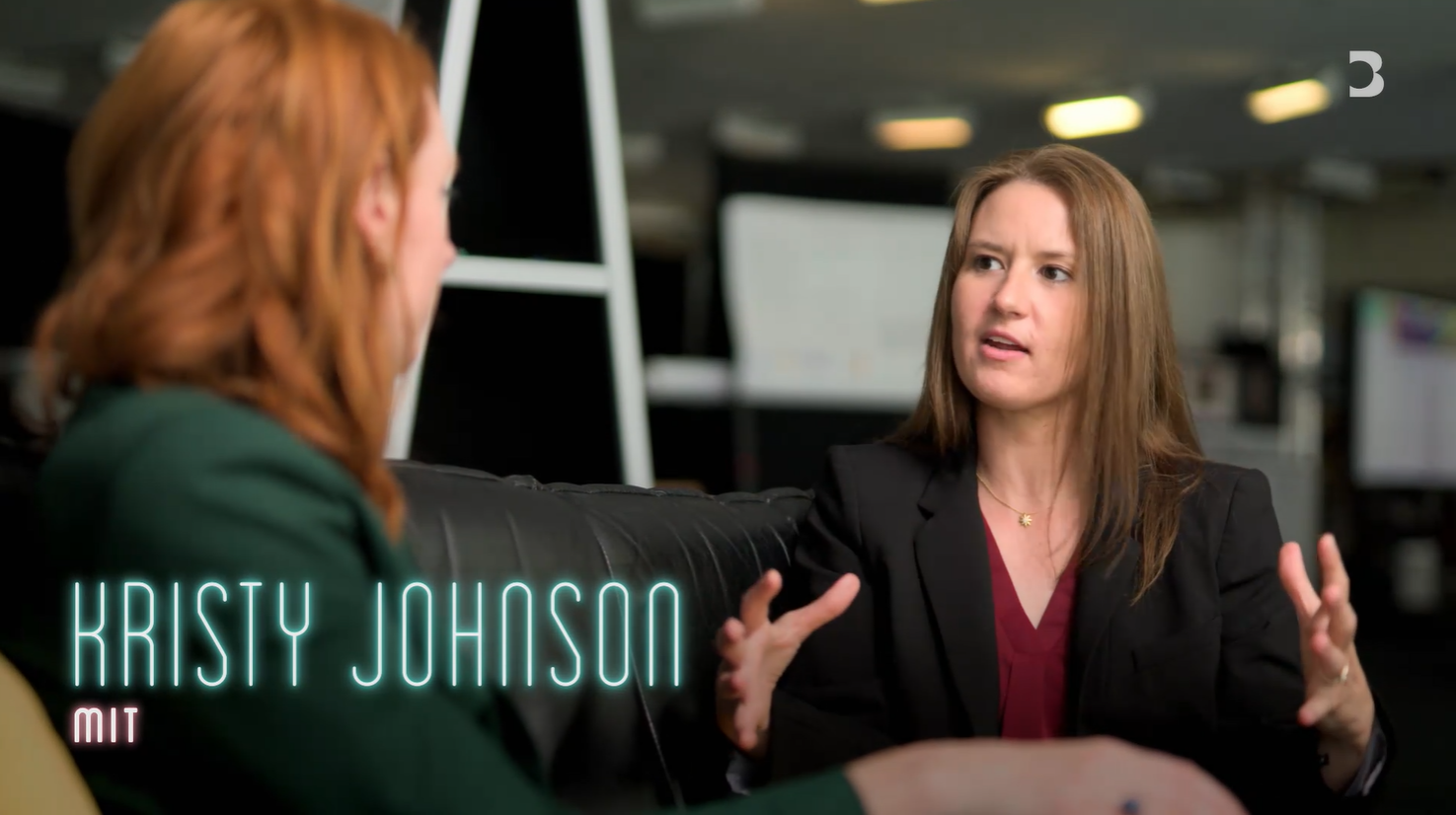
March 2023
Dr. Kristina Johnson Featured on "The Future With Hannah Fry"
RSZ TNC Fellow Kristina Johnson, PhD was recently featured on BBC Bloomberg series The Future With Hannah Fry for her groundbreaking work in the field of Translational Neuroscience, improving the lives of individuals with complex neurodevelopmental differences.

February 2023
Cracking the code on Kleefstra syndrome: It takes a community
It wasn’t until Paul was 21 that he learned the reason for his learning and sleep problems: Kleefstra syndrome. Today, he’s helping to define this rare syndrome, helping mentor younger kids with Kleefsta, and thriving with his disability. #raredisease #rarediseaseday #rarediseaseawareness
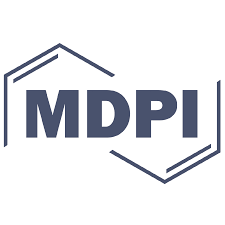
December 2022
"Genetics of Rare Monogenic Neurodevelopmental Syndromes" -- Genes Dec 2022 Special Issue
A special issue of the Genes journal titled “Genetics of Rare Neurodevelopmental Syndromes” has been announced. The issue will be guest edited by Dr. Maya Chopra, Director of the Translational Genomic Medicine Core of the RSZ TNC. For more information about submitting a manuscript, please use the link below.
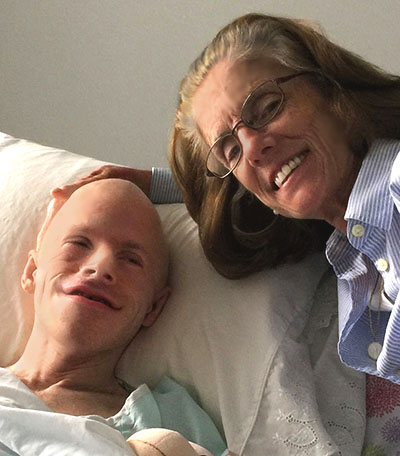
December 2022
A Parent’s Voice
By Dorothy (Dotsy) Zirkle, BSN, CPNP-PC PhD Candidate, University of Massachusetts Boston School of Nursing LEND Fellow 2022-2023; Dotsy is currently a LEND Fellow with the Intellectual and Developmental Disabilities Center and the Rosamund Stone Zander Translational Neuroscience Center. . . . I very much appreciate this opportunity to represent the LEND Fellowship program as a Family Member in the Intellectual and Developmental Disabilities Center and the Rosamund Stone Zander Translational Neuroscience Center at Boston Children’s Hospital for many reasons. I earned my B.S. in Zoology (Pre-Med) in 1975, and B.S.N. Nursing in 1979. I married in 1980 and had our first son, Matthew in 1981. I assumed I would be very capable of caring for a newborn given my nursing background and experience and having cared for my youngest sister with a seizure disorder. Initially I was told Matthew had multiple, what I thought were ‘small’, concerning conditions but I quickly realized there were significant concerns as a geneticist was there for his delivery.

November 2022
Rosamund Stone Zander Fellowship applications are open!
To develop the next generation of translational scientists, the RSZ TNC has developed a post-doctoral training program focused on translational research in childhood brain disorders. Fellows will pursue translational research projects designed to facilitate the development of novel therapeutics, leveraging the depth and breadth of the expertise within the RSZ TNC through mentoring by clinicians and researchers with expertise spanning the pipeline of translational research. To support research efforts, the RSZ TNC hosts a set of cores with expertise in iPSC derived neuronal modelling, animal and clinical neurophysiology, translational genomics, medicinal chemistry and clinical research. The goal of the program is to further therapeutic development and train scientists to conduct independent translational research.

October 2022
Rosamund Stone Zander Translational Neuroscience Center Selects Two Pilot Grant Awardees
The Rosamund Stone Zander Translational Neuroscience Center (RSZ TNC) at Boston Children’s Hospital is delighted to announce the selection of its annual Pilot Grant awardees. The mission of the RSZ TNC is to improve the lives of children with brain disorders via timely and efficient translation of scientific research through collaboration among Boston Children's Hospital's exceptional investigators and in partnership with the external research community. To fulfill the goal of “timely and efficient translation”, the RSZ TNC Pilot Grant aims to support translational research on neurodevelopmental disorders within the domains of Preclinical Research, Mechanism-based Therapeutic Development, Translational Biomarkers, and Gene-based Clinical Research and Trials.

August 2022
Now Recruiting: Faculty Position Specializing in Translational Neuroscience
The Rosamund Stone Zander Translational Neuroscience Center is pleased to invite applications for a full-time faculty position in the field of translational research in the field of neurodevelopmental disorders. Appointments will be considered at the level of assistant or associate professor, depending on the qualifications of the applicant, and will be in a department at Harvard Medical School that provides the best scientific fit.

May 2022
Results Published for a Randomized Controlled Trial of Everolimus for Neurocognitive Symptoms in PTEN Hamartoma Tumor Syndrome (PHTS)
Currently, no effective therapies for individuals with PHTS exist to target neurocognitive and behavioral deficits, and effective interventions that target the core biologic alterations are crucial to optimize the short and long-term outcome of individuals affected with pathogenic variants in this gene. nitiated in 2017, the study was a 6-month phase II, randomized, double-blinded, placebo-controlled trial to examine the safety profile and efficacy of everolimus in individuals (5–45 years) with PHTS. Everolimus was found to be well tolerated in PHTS and efficacy results suggest further investigation is needed.

March 2022
RSZ TNC Researchers Collaborate with Multiple Sites to Validate Computational Phenotypes for PTEN Hamartoma Tumor Syndrome (PHTS)
In collaboration with Harvard Medical School, Children’s National Hospital, and the University of Washington, Rosamund Stone Zander Translational Neuroscience Center researchers conducted a study to validate a computational phenotype for finding patients eligible for genetic testing for pathogenic PTEN variants. Across the multiple sites participating in this study, it was found that between 82% and 94% of patients with PHTS computational phenotypes should have genetic testing for PTEN variants.
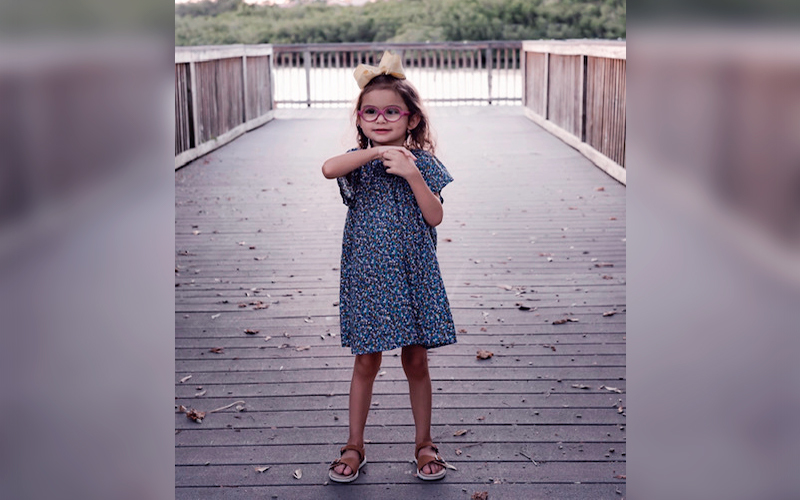
February 2022
Rett Syndrome Clinical Trials in the RSZ TNC Making a Difference
Within the RSZ TNC, a clinical trial of trofinetide has provided hope and positive results for the Rett syndrome community. Trofinetide is a novel, synthetic analog of IGF-1, which is a growth factor believed to be important for how our brains grow and develop. Early work into the safety and effectiveness of IGF-1 for Rett syndrome was done at Boston Children’s Hospital through our Phase 1 and 2 investigator-initiated IGF-1 studies.
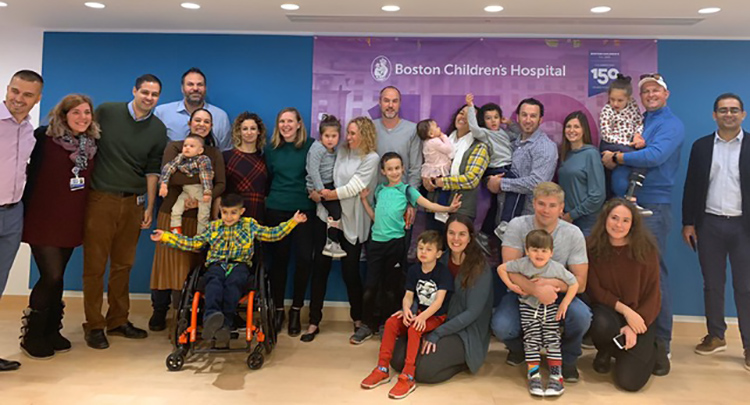
October 2021
Research Update from the Fifth Annual CureAP4 Family Meeting
Due to the loss-of-function of any of the AP-4 subunit genes (AP4B1, AP4E1, AP4M1, or AP4S1), a protein known as ATG9A, with an imperative role in autophagy (recycling of macromolecules so that cells stay healthy) is unable to be transported to where it needs to go in order to do its job. This dysfunction is implicated as being the leading cause of AP-4-HSP’s degenerative properties.
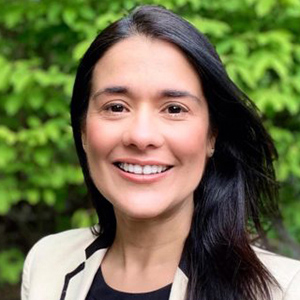
October 2021
New Gene Discovery for Rare Disease
A new gene for syndromic intellectual disability has been described, and researchers at the Rosamund Stone Zander Translational Neuroscience Center (RSZ TNC) at Boston Children’s Hospital, are leading efforts to better understand this rare disorder. Dr. Maya Chopra, Director of Translational Genomic Medicine at the RSZ TNC, co-led an international study during her time at the Imagine Institute in Paris (Laboratory of Embryology and Genetics of Malformations, led by Professor Jeanne Amiel and Dr. Christopher Gordon), culminating in the ANKRD17 gene discovery paper published in the American Journal of Human Genetics earlier this year.


